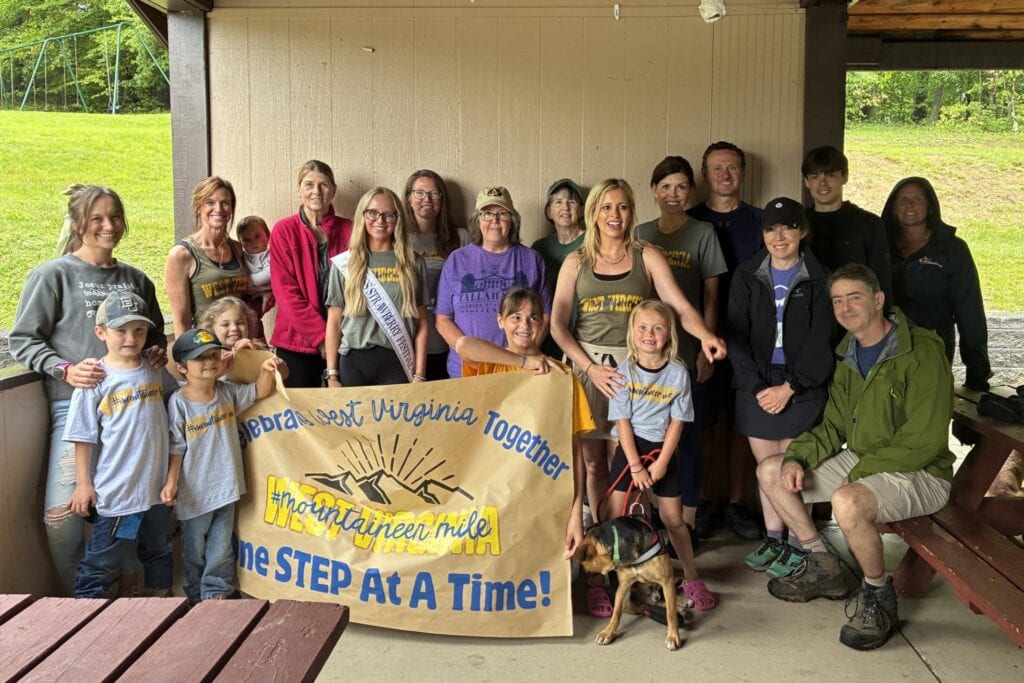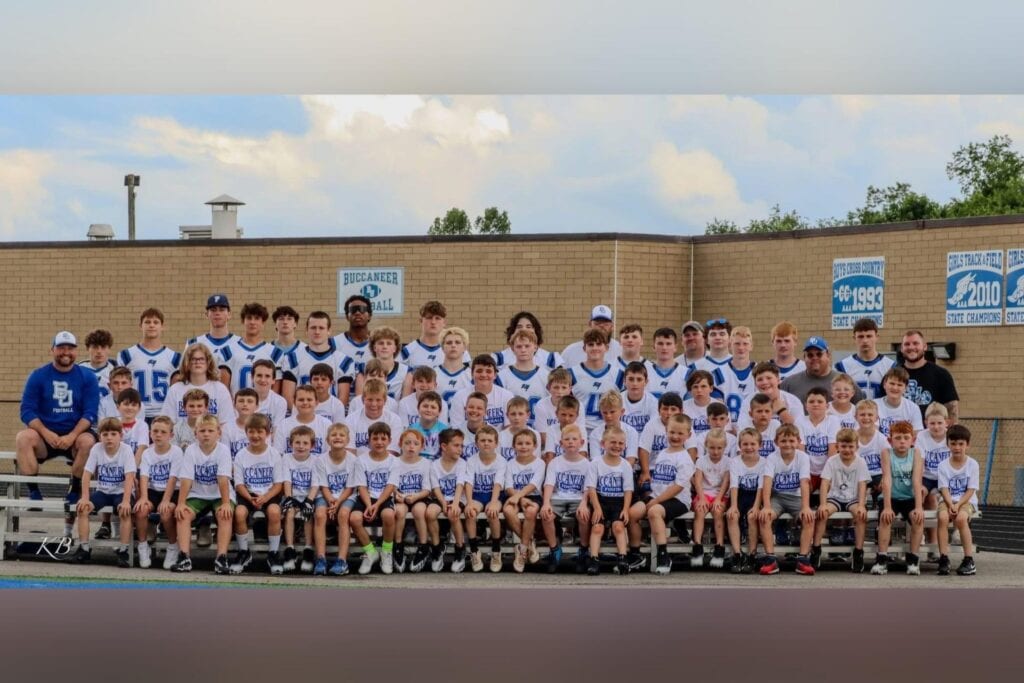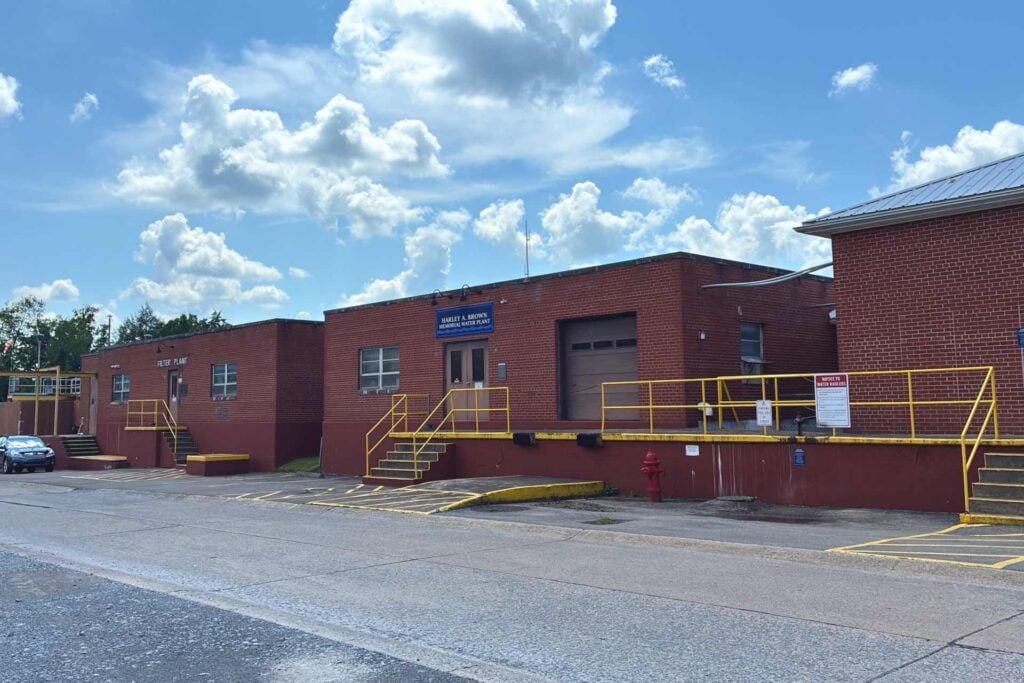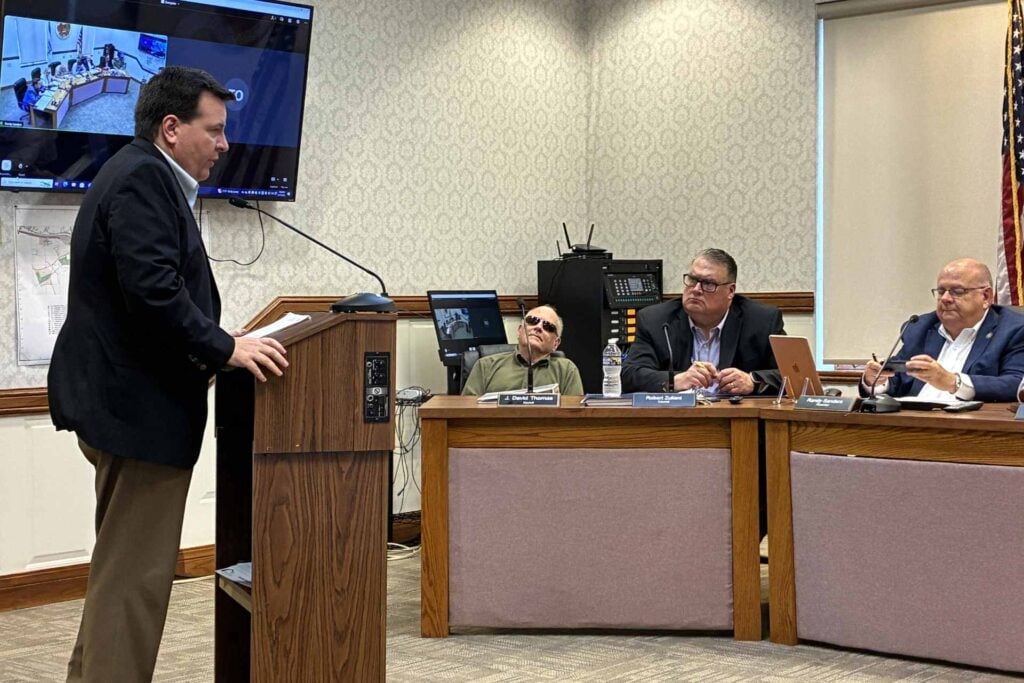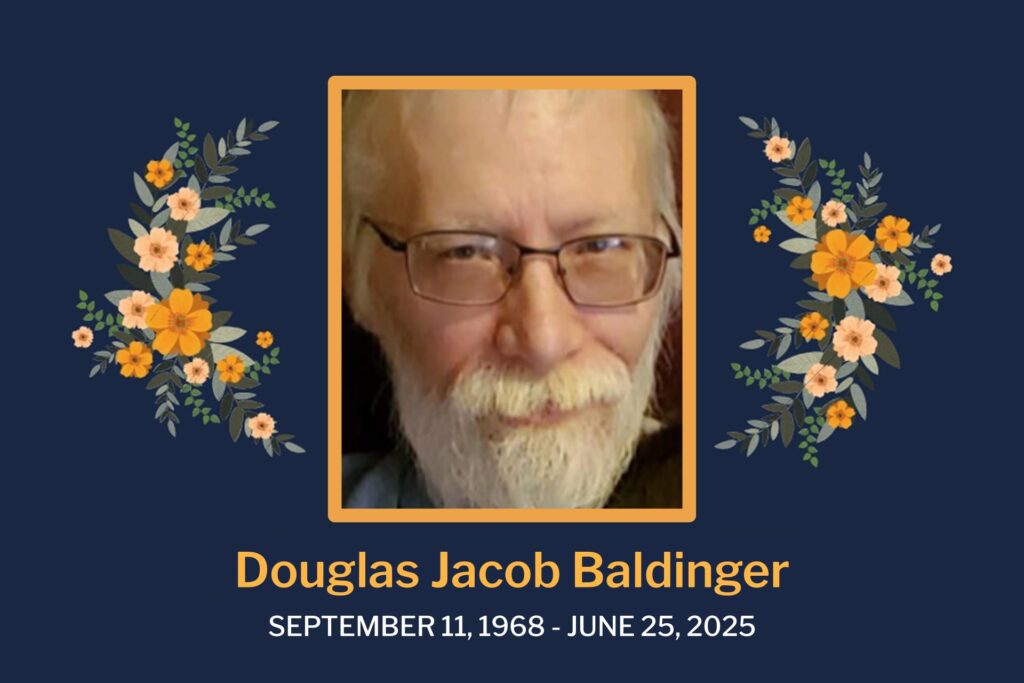Written by Pam Pritt
Photos by Brian Persinger
Water is many things — a place to sustain life, a place to play, a place to study. It can be a powerful disruptor of lives whether there is not enough of it or there is too much. It is also a system, and in the words of Jason Hubbart, “water is the circulatory system of the planet.”
Not surprising then, that Hubbart, the interim associate dean of research for the Division for Land-Grant Engagement, the interim associate director of the West Virginia Agricultural and Forestry Experiment Station and a professor of physical hydrology, who has spent the entire span of his career studying and teaching about water in all its states would extrapolate his research into studying how other systems work or fail.
But let’s wade back into the water for a bit.
Hubbart, born in Fresno California, moved north very early and was a farm kid from Washington State who had no expectation of attending college, but found himself not only earning a bachelor’s degree, then a master’s degree and, ultimately, a Ph.D. from the University of Idaho. He began teaching at the University of Missouri and there, in his first faculty position in higher education, was empowered to teach the classes he wanted and could teach whom he wanted, as long as he had up to five classes a year. He developed an internationally recognized research program, and as he observed what his colleagues were doing, he understood that he could do that, he found something else.
“I realized that among all of the faculty’s responsibilities is also freedom: absolute poetic license to do what I wanted, do it right, and do it well. World-class well,” Hubbart said. He jumped into the deep end of research right away, writing 13 grant proposals; he got eight of them. With the help of 14 graduate students, he developed watershed scale research projects and over the eight-and-a-half years he was there, brought in $20 million in grants, outpacing other researchers who had been there longer.
He learned something else at “Mizzou.” He learned to care deeply about students in the way that professors hope for them to succeed and he found that in caring about them, he didn’t lower his expectations of them. In fact, he raised the bar; because when they knew they had a professor who cared about their success, they were willing to work harder and accomplish more.
And he began the dive into his study of leadership.
In the nine years he’s been at West Virginia University, he’s made the upper 96th percentile of successful hydrologists in the world, according to ResearchGate, with $46 million in grants.
As he continued to study water, the idea of leadership was still poking at his subconscious.
“I realized that you can be very successful and accomplished in academia with scholarship, but that doesn’t mean you’re going to change the world and it doesn’t mean you’re going to change society or get people to think differently,” he said. “The greatest gift, in my opinion, is for a human being to be in service of others and it’s through that service to others we can affect lives beyond our own.”
It’s a bit of a domino effect in reverse; not only faculty, but other researchers and mentors, can attain a “hidden immortality” that affects future generations. That’s a systems approach, a physics of relationship building, of developing organizations, of getting buy-in from people, of how each of us affect others’ lives.
In Hubbart’s mind, leaders can build optimally running organizations where everyone is happy, fulfilled, and in the right place, where the investment is 100% in the organization and the growth of satisfied and happy employees who never leave. He realizes the naïveté of that idea, but he continues the quest because everything and everyone in any organization is connected. If not, he said, the organization is dysfunctional.
“One person on the far end of the campus in some way affects another person on the other end,” Hubbart said, using WVU as an example. Noting that substantive changes need 70% buy-in from people, he also said that at some point, that 70% mark is likely to occur.
How does a large organization get there?
What changes have to occur to get there?
“To get people to buy in, they have to engage; to get them to engage they have to trust,” he said. “Trust is a very difficult thing, easily given, but once lost almost impossible to get back.”
Hubbart is honest to a fault with his students, which to him is a sign of how much he cares about the people around him. The trick, he said, is to share the truth in a way that is palatable. People are sometimes unhappy in their jobs. That might mean they are in the wrong one. Finding them the right job requires discovering a thing called “mutual affinity.” While that’s a familiar term in the world of fundraising, Hubbart says it’s present in every relationship, the common ground of where we live, where we work, where we find ourselves spending our spare time. We all have something in common that we agree about, common ground (mutual affinity).
He recognizes that when individuals interact regularly, differences in perspectives and rhythms can sometimes lead to misalignment or disruption; however, he believes that a well-designed organizational structure can foster harmony and create a more balanced and productive environment for everyone involved.
He’s preparing to publish his first book on organizational change, which aims to address leaders’ pressing questions about effectively engaging employees and stakeholders. Central to his message is encouraging leaders to broaden their understanding of expertise, beginning with why a hydrologist, with a unique perspective grounded in systems thinking and interconnectedness, is well-equipped to contribute valuable insights beyond his traditional domain. By weaving together disciplines, he aims to demonstrate that innovative solutions often emerge from crossing boundaries and challenging conventional expectations.
Hubbart might defend that by saying he’s just going with the flow. That may sound like a pun, but it’s deeper than that. The structure of a watershed is like an organizational chart, indeed the circulatory system of the planet, carrying in its currents things that belong there and things that don’t, things that will help the land it touches and things that will harm it. Organizational flow has the same characteristics as the people in the system affect it in the same way, if they belong there, or if they don’t; if they will help the system or destroy it.



